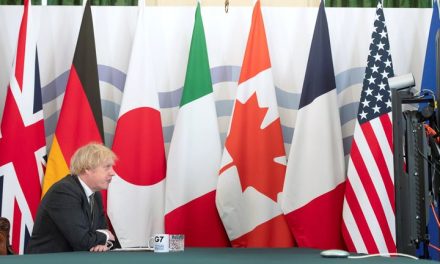
OPEC’s oil output cuts and the commensurate economic pain

By Josef Kefas Sheehama.
The Minister of Mines and Energy has announced decreases across the board on the prices of fuel prices from last Wednesday, paving the way for some relief for consumers. This marks the first month of decreases following the increases experienced this year. This means fuel prices have been reduced by N$1.20/l for petrol and N$0.65/l cents for diesel.
We applaud the Government for this positive development, which has been made possible due to good economic policies. We should never fail to celebrate and acknowledge the government’s efforts for the betterment of our nation.
The fuel pump prices had an effect on the cost of living, as fuel drives the prosperity of the economy for any nation and should therefore be readily available and at affordable prices. With the Russia Ukraine conflict continuing to impact the price of crude oil globally, this has had a direct impact on fuel prices in Namibia.
But even if the government takes petrol down, the economy can’t just rise because of reduced petrol prices. Only two to three months, then petrol prices could rise more than by what they were reduced. The aim is to continue to reduce fuel prices in the bid of reducing cost of living for final consumers.
In all of the above, the ceteris paribus condition has to hold. It’s not only about fuel prices, it includes all things dependent on transport. Even if you reduce fuel prices, it’s only one component of the cost. The other components are still intact, and they are still going up. So the reduction in fuel price alone will not be enough to compensate for the other costs.
That’s why I am saying food prices will not come down, transportation cost will not come down, and the overall effect is that food prices will go up. The poor and vulnerable will bear the brunt.
As we come to accept that our world has changed, probably permanently, we’re forced to face the fact that we can no longer count on the future to be what we expect. In fact, we have no idea what the future is going to look like. Of course, we must do what we can to figure out how to navigate the known changes but living in an uncertain world is going to take a certain amount of letting go.
Living in the present, knowing you’ve done everything you can to adapt and prepare, will help you feel more confident in the knowledge that no matter what happens, you will find your way through it.
World Oil Outlook:
OPEC and OPEC+ cut production slightly on 05 September 2022 a surprise move to the energy sector. Most analysts expected production levels to be maintained. According to various sources the two energy alliances chose to reduce production by 100,000 barrels per day in October.
OPEC said in a statement that its decision to reverse its strategy and head back to August levels of production was because the change has been intended only for the month of September. The cutback came as a surprise for many traders, who had expected OPEC to hold production steady as oil prices above US$90 a barrel squeeze consumers. The market also looks set to get even tighter in the coming months as the EU imposes sanctions on Russian exports. Shortages in production, as well as in refining capacity, have left OPEC producers with little they can do to stabilise oil prices.
Therefore, the decision of OPEC will affect all countries, including Namibia, who are already affected by the economic crisis. The Bank of Namibia will take a pro-cyclical stance and hike interest rates by 100 basis points by the end of 2022. High energy prices and limited supply will make our economy especially vulnerable to any additional energy shocks, exacerbating the repercussions of current geopolitical tensions.
We are now facing an environment of significantly higher commodity prices, which could persist for longer than many would anticipate. It will raise inflation and reduce economic growth, posing an extremely challenging problem for policymakers.













































